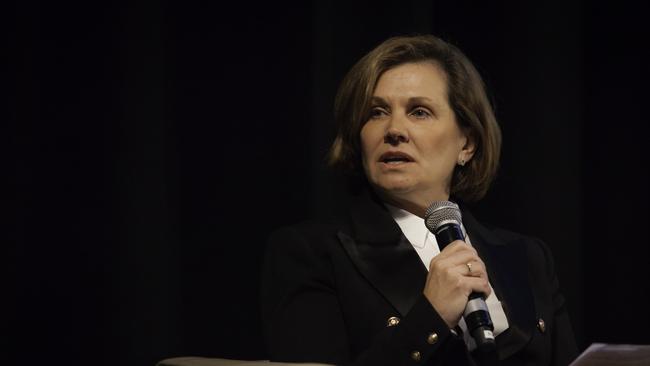Birmingham’s uni course funding freeze ‘will cost $16bn over 20 years’
Universities say the government’s freeze on course funding could cut $12.3bn from GDP and lose $3.9bn in tax revenue over 20 years.

Universities say new economic modelling shows the Turnbull government’s freeze on course funding imposed in December could cut $12.3 billion from GDP and lead to a loss of up to $3.9bn in tax revenue over the next 20 years.
The modelling, from consulting firm Cadence Economics, said the funding freeze would reduce the number of university graduates, leading to a less qualified workforce and lower economic activity.
The research, commissioned by university lobby group Universities Australia, and released today in advance of the federal budget, is part of a campaign waged by universities against the freeze.
“Less university funding means fewer skilled graduates, a hit to labour market productivity and less tax revenue for government,” said Universities Australia chief executive Belinda Robinson.
“This work tells us that this short-term budget saving will create unnecessary long-term economic pain by eating into future tax revenue and productivity, and damaging our economy.”
Cadence Economics based its modelling on estimates of how much the two-year funding freeze announced by Education Minister Simon Birmingham would reduce the available number of subsidised university places, and then calculated the likely economic impact if the affected students completed only a vocational qualification instead of a full degree.
Their high scenario led to an estimated hit to GDP of $12.3bn over the next 20 years because of the fall in labour productivity due to a less qualified workforce. A more conservative scenario led to an estimated decrease in GDP of $6.9bn over the period and a loss to tax revenue of $2.2bn.
“These findings demonstrate that even in the most conservative scenario, the short-term fiscal savings to government (of the funding freeze) are offset by the long-run cost of reduced tax receipts — and are substantially less than the long-run cost to the economy,” the Cadence Economics report said. It said that for each student who completed vocational instead of university qualifications, there was a loss of $471,000 to GDP and $152,000 in tax revenue over a 20-year period.
Ms Robinson said there was “no justification for persisting with this economy-curbing freeze”.
“By reversing the university funding freeze, an economic own goal would be avoided,” she said.




To join the conversation, please log in. Don't have an account? Register
Join the conversation, you are commenting as Logout